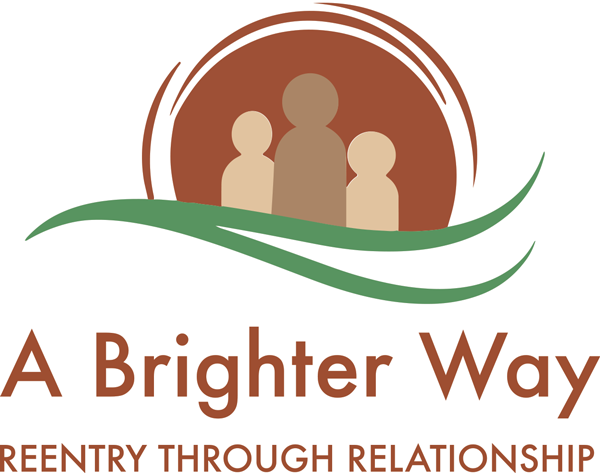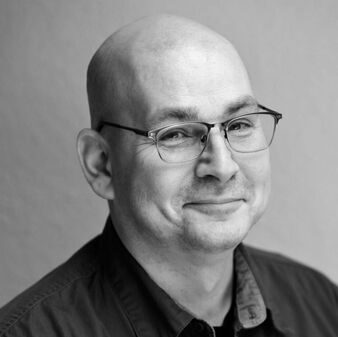A monthly note from our Executive Director, Adam Grant.
Consciously Sowing Redemption
Spring is not only about rebirth it is about choosing the seeds we will sow for the year. We have to make decisions based on the environment, the wants and needs of the community that will reap the rewards (or suffer the consequences), and what seeds are available. The latter is also decided, at least before we could buy seeds from all over the world, by what we planted the year before and what we were willing to let go to seed.
I recently realized that the belief that redemption is possible was not powerful enough but that we need to believe that redemption is necessary. If something is deemed as merely “possible” it can easily be relegated to the “impossible” trash heap. If it is deemed as necessary, it can’t be exiled to impossibility, and it means we have to find a way to make it happen. After all, it is necessary, and thus must be.
Whether you subscribe to redemption being “the action of saving or being saved from sin, error, or evil” or “the action of regaining or gaining possession of something in exchange for payment, or clearing a debt” you realize it is an action. Thus you must also acknowledge that creating undue impediments stands in the way of redemption and thus limits the benefit of potential actions. Therefore, the creation of those impediments creates more harm that will ultimately require more redemption and healing.
Anyone who knows me knows I don’t believe in binary choices but am an “and thinker” and believe things exist on a continuum. So where do you stand on the redemption scale? Are you standing on “1”, of the spectrum that believes redemption is impossible; do you stand on “10”, at the other extreme believing it is inevitable, whether it is recognized or not; or are you like most of us who are somewhere between “2 and 9”? Do you own where you stand on the scale? Do you believe you need to work towards one direction or the other? Do you only talk to people close to you on the scale?
One of the things I have learned over the course of my life is that where people stand on this scale often depends on how close they are to the issue. I cannot tell you how many people I have met that had no idea (and didn’t care) how distorted and inept the “criminal justice system” is until they or a loved one was in its clutches. Also can’t tell you how many times I have met someone who thought the system was too punitive and then experienced a victimization that made them feel that the same system was not harsh enough in their situation. As Aesop once said, “The injuries we do and those we suffer are seldom weighed in the same scales.” These scales are internal but also decide the systems we employ, vote for, and support.
What we must remember is that the majority (numbers vary among studies) of those who have committed crimes have been victims of them as well. That is not to excuse the behavior but to help us to understand that people are not one thing. We are complicated, multi-faceted, and enigmatic. We are not as easily compartmentalized and categorized as many would prefer. We are complex and thus any potential solutions will be as well. So beware of snake-oil salesmen who sell you simple solutions. They may be simple but are unlikely to be solutions.
Solutions, like people, evolve and often need to be customized. At A Brighter Way we don’t have solutions but we do have one ingredient we know is necessary to be of assistance. We actually care and do so in a way that is adaptive, personalized and unscripted. We don’t have prescribed methods because we can’t know what is needed until we get to know the person and explore what they feel they need. We are an integral part of the community and are very conscious about being a benefit. We don’t expect everyone to work with us in this mission but we do ask that you don’t stand in opposition. If you don’t feel up to lending your light to A Brighter Way we simply ask that you don’t blow the light out next to you.

